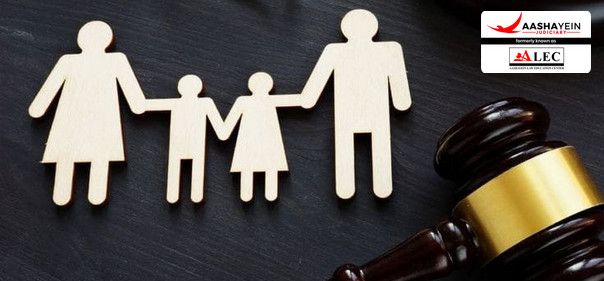Bench comprising of Justices Surya Kant and Ujjal Bhuyan
Introduction:
The Supreme Court of India, in a judgment dealt with the issue of legitimacy and paternity in the context of Section 112 of the Indian Evidence Act, 1872 (Now Section 116 of the Bharatiya Sakshya Adhiniyam,2023). The Court reaffirmed that legitimacy, once established, directly leads to the presumption of paternity, and emphasized the legal principle that the legitimacy of a child born during a valid marriage automatically establishes the paternity of the child, unless non-access between the spouses is proven.
Facts of the Case:
The Respondent, Milan Joseph, claimed that the Appellant, Ivan Rathinam, was his biological father, despite being born during the marriage of his mother. Milan Joseph filed a civil suit seeking a declaration of paternity, but the suit was dismissed by the family court, which upheld the presumption of legitimacy under Section 112 of the Indian Evidence Act, favoring RK, the husband of the Respondent’s mother.
However, the family court later revived the Section 125 Cr.P.C (Noe Section 144 of the Bharatiya Nagarik Suraksha Sanhita,2023) maintenance plea filed by Milan Joseph against Ivan Rathinam. The Appellant appealed to the Supreme Court, asserting that the maintenance plea could not be maintained against him as he never had access to the Respondent's mother at the time of conception.
Issues:
- Whether paternity and legitimacy are distinct concepts, or whether the legitimacy of a child automatically establishes the paternity of the spouse under Section 112 of the Indian Evidence Act?
- Whether the presumption of legitimacy can be rebutted by mere allegations of simultaneous access or adultery, or does non-access between spouses need to be proven?
- Whether the Appellant can be compelled to undergo a DNA test when the presumption of legitimacy has not been conclusively rebutted?
You can also read the Blog by visiting [Blog]
For more information, visit [Aashayein Enquiry Section]
Contentions of the Petitioner:
The Appellant argued that the maintenance plea under Section 125 Cr.P.C. could not be maintained against him, as he never cohabited with the Respondent’s mother and had no access to her during the time of conception.
He contended that a DNA test could only be ordered when there is a strong prima facie case showing non-access between the spouses, and that his privacy rights would be violated by being subjected to a DNA test when no such case had been established.
Contentions of the Respondent:
The Respondent argued that legitimacy and paternity are distinct concepts, and that proof of legitimacy does not automatically establish the paternity of the spouse. He further asserted that despite the presumption of legitimacy in favor of RK, the Appellant could still be proven as the biological father through other means, including a DNA test.
Court’s Analysis:
The Court rejected the Respondent’s contention that legitimacy and paternity are separate concepts. It held that once a child is presumed legitimate under Section 112 of the Indian Evidence Act, it directly establishes the paternity of the husband, as long as there is no proof of non-access.
The Court also clarified that allegations of simultaneous access or adultery were insufficient to rebut the presumption of legitimacy.
In the present case, even though there were allegations of the Appellant having relations with the Respondent's mother, the evidence established that RK and the Respondent's mother had continuous access throughout their marriage, making the presumption of legitimacy and paternity in favor of RK conclusive.
Conclusion:
The Supreme Court allowed the appeal of Ivan Rathinam, holding that the presumption of legitimacy under Section 112 of the Indian Evidence Act had not been rebutted. The Court ruled that paternity and legitimacy are not independent concepts and that the legitimacy of a child born during a valid marriage automatically establishes the paternity of the spouse, unless non-access is proven. Consequently, the appeal was allowed, and the findings of the lower courts were upheld.

